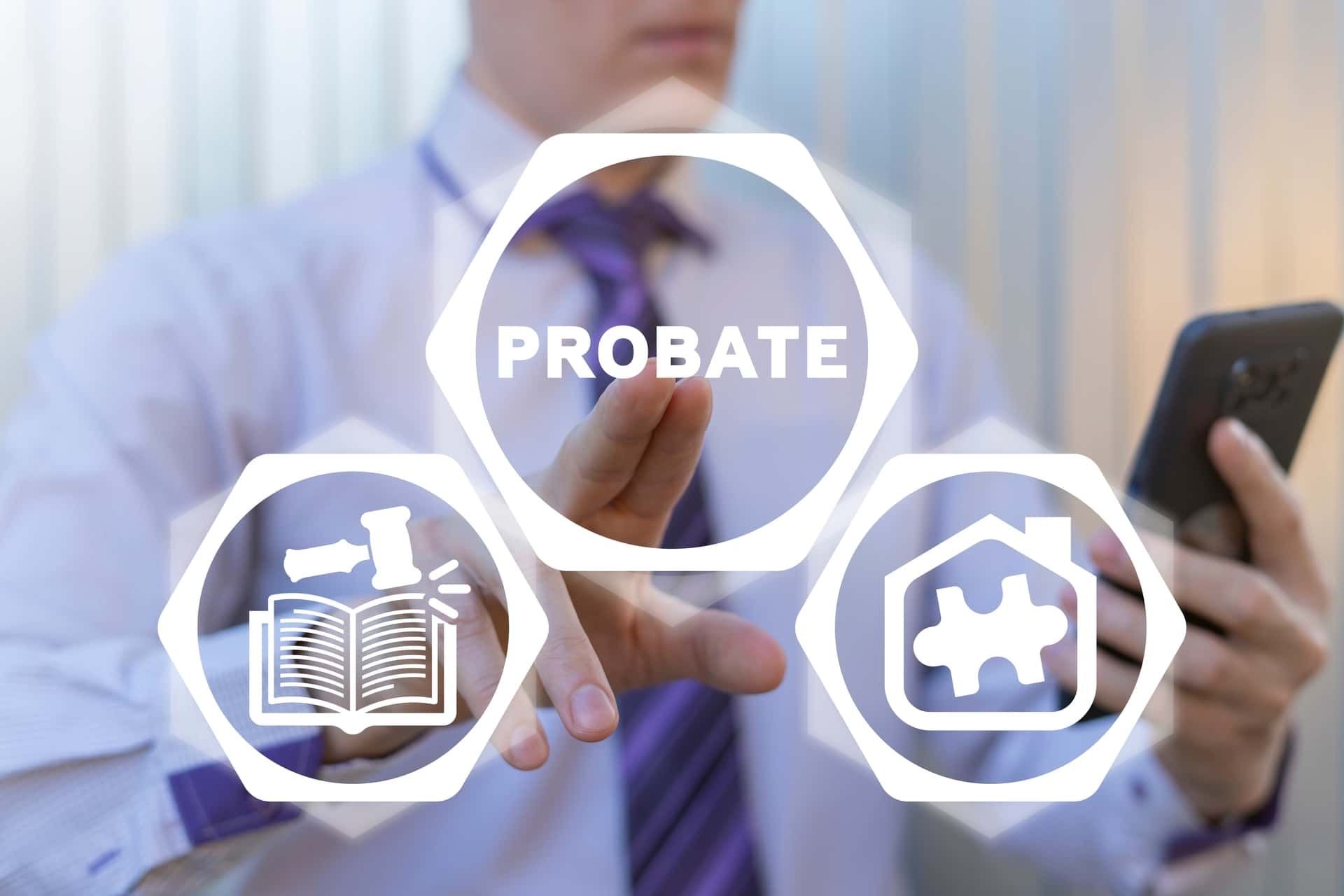Do Retirement Accounts Go Through Probate?
Retirement savings play a crucial role in people's financial strategies for the future. They signify years of work and intelligent investments to ensure stability during retirement. A common worry for account holders and their loved ones is whether these savings must pass through probate, a procedure for dividing an individual's possessions.
This article delves into whether retirement accounts are subject to probate, the impact on your estate planning, and ways to facilitate a transfer of assets.
Understanding Probate
Probate is the legal process by which a deceased person's assets are distributed according to their will or state law in the absence of a will. This process involves validating the will, listing the person's assets, settling debts and taxes, and distributing any remaining assets to beneficiaries. Probate can be lengthy and expensive, leading people to seek ways to bypass it for the sake of their family members.
Types of Retirement Accounts
Retirement accounts come in several types, each with unique characteristics:
1.401(k) Plans
- Employer-Sponsored: Often provided by employers, these plans allow employees to save for retirement with pre-tax dollars.
- Tax Benefits: Contributions are tax-deferred, meaning taxes are paid upon withdrawal.
2. Individual Retirement Accounts (IRAs)
- Traditional IRA: Contributions are tax-deferred, and taxes are paid on withdrawals.
- Roth IRA: Contributions are made with after-tax dollars, and withdrawals are tax-free.
3. Pensions
- Defined Benefit Plans: Provide a guaranteed payout upon retirement, typically based on salary and years of service.
4. 403(b) and 457 Plans
- Nonprofit and Government: Unlike 401(k) plans, non-profit organizations and government entities offer them.
Do Retirement Accounts Go Through Probate?
The answer to whether retirement accounts go through probate is generally no but with some important caveats. Most retirement accounts, such as 401(k) plans and IRAs, are designed to bypass probate because they allow for the naming of beneficiaries.
When the account holder dies, the funds are directly transferred to the named beneficiaries without going through probate. However, there are exceptions and conditions to consider.
Naming Beneficiaries
Beneficiary Designations: The key reason most retirement accounts avoid probate is the ability to name a beneficiary. This person receives the account's assets directly, outside the probate process.
Primary and Contingent Beneficiaries: You can name primary beneficiaries who are first in line to receive the assets and contingent beneficiaries who inherit if the primary beneficiaries are deceased.
Impact of Not Naming Beneficiaries
No Beneficiaries Named: If you fail to name a beneficiary or all named beneficiaries are deceased, the retirement account may go through probate. In such cases, the account becomes part of the estate and is subject to the probate process.
Estate as Beneficiary: The account will go through probate if the estate is named as the beneficiary. This is generally not recommended due to the added time and expense.
Changing Beneficiaries
Life Changes: It is crucial to update beneficiary designations following significant life events such as marriage, divorce, or childbirth. Please update beneficiaries to avoid unintended consequences and potential probate issues.
Regular Reviews: Periodically review and, if necessary, update your beneficiary designations to ensure they reflect your current wishes and family situation.
Special Considerations
- Minor Beneficiaries: Naming minors as beneficiaries can complicate matters, as they cannot legally own the assets. In such cases, a guardian or trust may be needed to manage the assets until the minor reaches adulthood.
- Trusts as Beneficiaries: Naming a trust as a beneficiary can provide more control over how the assets are distributed and ensure they are managed according to your wishes.
Estate Planning Tips to Avoid Probate for Retirement Accounts
1. Ensure Beneficiary Designations Are Up-to-Date
- Regularly review and update beneficiary designations to ensure they are current and accurate.
2. Consider Naming Contingent Beneficiaries
- Always name contingent beneficiaries to cover scenarios where the primary beneficiary predeceases you or cannot inherit.
3. Understand Tax Implications
- Be aware of the tax implications for beneficiaries, particularly for traditional retirement accounts where withdrawals may be taxed as income.
4. Use Trusts for Added Control
- If you have complex estate planning needs or wish to impose specific conditions on the distribution of your assets, consider setting up a trust and naming it as a beneficiary.
5. Avoid Naming the Estate as a Beneficiary
- Naming your estate as a beneficiary will subject the retirement account to probate and may result in unintended tax consequences.
How Probate Can Affect Retirement Accounts?
While retirement accounts typically avoid probate, specific scenarios can bring them into the probate process:
1. No Beneficiary or Deceased Beneficiary
- Suppose no beneficiary is named, the named beneficiary is deceased, and no contingent beneficiary is listed. In that case, the account will become part of the estate and go through probate.
2. Outdated Beneficiary Information
- They must update beneficiary information after significant life changes to avoid accounts going to unintended recipients or through probate.
3. Complex Family Situations
- In cases involving complex family dynamics or where there are disputes among potential heirs, probate may be necessary to resolve issues regarding the distribution of assets.
Benefits of Avoiding Probate for Retirement Accounts
1. Faster Access to Funds
- Beneficiaries can access funds more quickly without the delays associated with the
probate process.
2. Reduced Costs
- Avoiding probate reduces legal fees and court costs, preserving more of the account's value for beneficiaries.
3. Privacy
- Probate is a public process, meaning anyone can access information about your estate. Avoiding probate keeps your financial matters private.
4. Simplified Process
- Direct transfer of assets to beneficiaries simplifies the distribution process, reducing the burden on your loved ones during a difficult time.
Conclusion
The issue of whether retirement accounts undergo probate is an aspect of estate planning. In general, retirement funds such as 401(k) plans and IRAs avoid probate by utilizing beneficiary designations, which streamline the transfer of assets to your chosen heirs with speed, convenience, and confidentiality.
To avoid probate issues with your retirement accounts, it's essential to review and update your beneficiary designations, including alternate beneficiaries, and be aware of the consequences of naming minors or your estate as beneficiaries.
Being proactive and grasping estate planning details will safeguard your retirement funds. Ensure a seamless transfer to your family members. For expert guidance on estate planning and probate matters, you can turn to
Florida Tax Lawyers, Sarasota, FL for assistance from professionals who can guide you through the complexities of these laws.
Disclaimer: The information on this website and blog is for general informational purposes only and is not professional advice. We make no guarantees of accuracy or completeness. We disclaim all liability for errors, omissions, or reliance on this content. Always consult a qualified professional for specific guidance.
RECENT POSTS
CONTACT US






